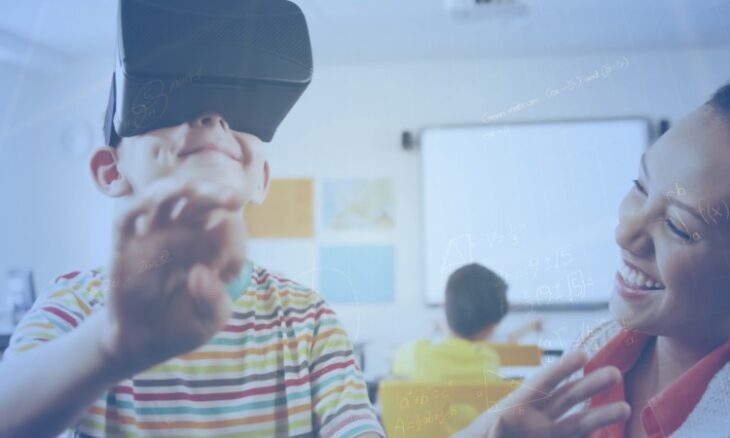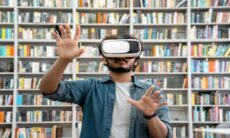Virtual reality programme shows promise in reducing youth aggression
A research team at Virginia Commonwealth University has reported significant progress in treating conduct disorder among young people through the use of virtual reality technology. The recent study, developed and led by VCU psychologist Nicholas Thomson, introduced a programme called Impact VR, which aims to support children and adolescents who struggle with aggression and chronic behavioural issues. The findings highlighted measurable reductions in aggressive behaviour and conduct problems after participation.
Thomson, who serves as the director of research for the Injury and Violence Prevention Programme at VCU Health, oversaw the creation of Impact VR as the first virtual reality tool designed specifically for young individuals diagnosed with conduct disorder. This condition is defined as a mental health disorder that often results in persistent patterns of aggression, hostility, or defiance, particularly in response to everyday social interactions and boundaries. Many young people with the disorder encounter ongoing academic, family, and social challenges due to the severity and frequency of behavioural episodes.
The research team emphasised that Impact VR differs substantially from traditional approaches to treatment. Instead of focusing on managing surface-level behaviours or addressing incidents once they occur, the programme attempts to reach the root causes. The development was based on evidence suggesting that many affected youths experience difficulty identifying and interpreting emotional cues from others. This inability to recognise emotions, respond empathetically, or understand intentions can escalate ordinary situations into conflict, prompting aggression or disobedient reactions.
Impact VR seeks to intervene by creating a controlled environment that encourages emotional learning. Once participants use the VR headsets, they are immersed in interactive story-based scenarios designed to replicate realistic social situations. These simulations prompt users to observe, identify, and respond to emotional and social signals in a safe space. The structure allows them to make mistakes without fear of stigma or real-world consequences, enabling gradual skill-building and personal reflection. The programme is designed to foster practical learning experiences while maintaining an atmosphere where young people feel secure and supported.
The research team noted that this method offers more than engagement and novelty. It also presents a cost-efficient alternative to traditional therapy models, which often require extensive staff involvement and can be inaccessible for many families due to scheduling, cost, or specialist availability. Because the programme is self-guided, it can be set up in multiple environments, such as schools, libraries, or counselling offices. The flexibility increases access to intervention services for communities where specialist psychological care may be limited.
To evaluate the programme’s effectiveness, Thomson led a clinical trial involving 110 participants aged between 10 and 17. Each young person completed four weekly sessions of Impact VR. The results demonstrated considerable improvement in behavioural outcomes. Participants showed immediate reductions in conduct problems, including lower levels of reactive aggression and violent responses. Observations also revealed meaningful changes in associated psychopathic traits, and these improvements were maintained for at least three months after the sessions concluded. The research team described the sustained results as a significant milestone in the field of behavioural treatment.
Following the success of the initial trial, Thomson intends to expand research to examine how long behavioural changes can be preserved beyond the three-month observation period. Plans include conducting a larger-scale study to explore the durability of results and identify additional variables that may influence long-term effectiveness. The team aims to refine the programme and explore opportunities for broader implementation across clinical and educational settings.
Researchers at VCU believe that Impact VR represents a promising step towards innovative, accessible approaches for supporting young people with conduct disorder. The early findings suggest that technology-based therapy may offer a productive path forward in reducing aggression and helping young individuals build healthier emotional and social skills.










